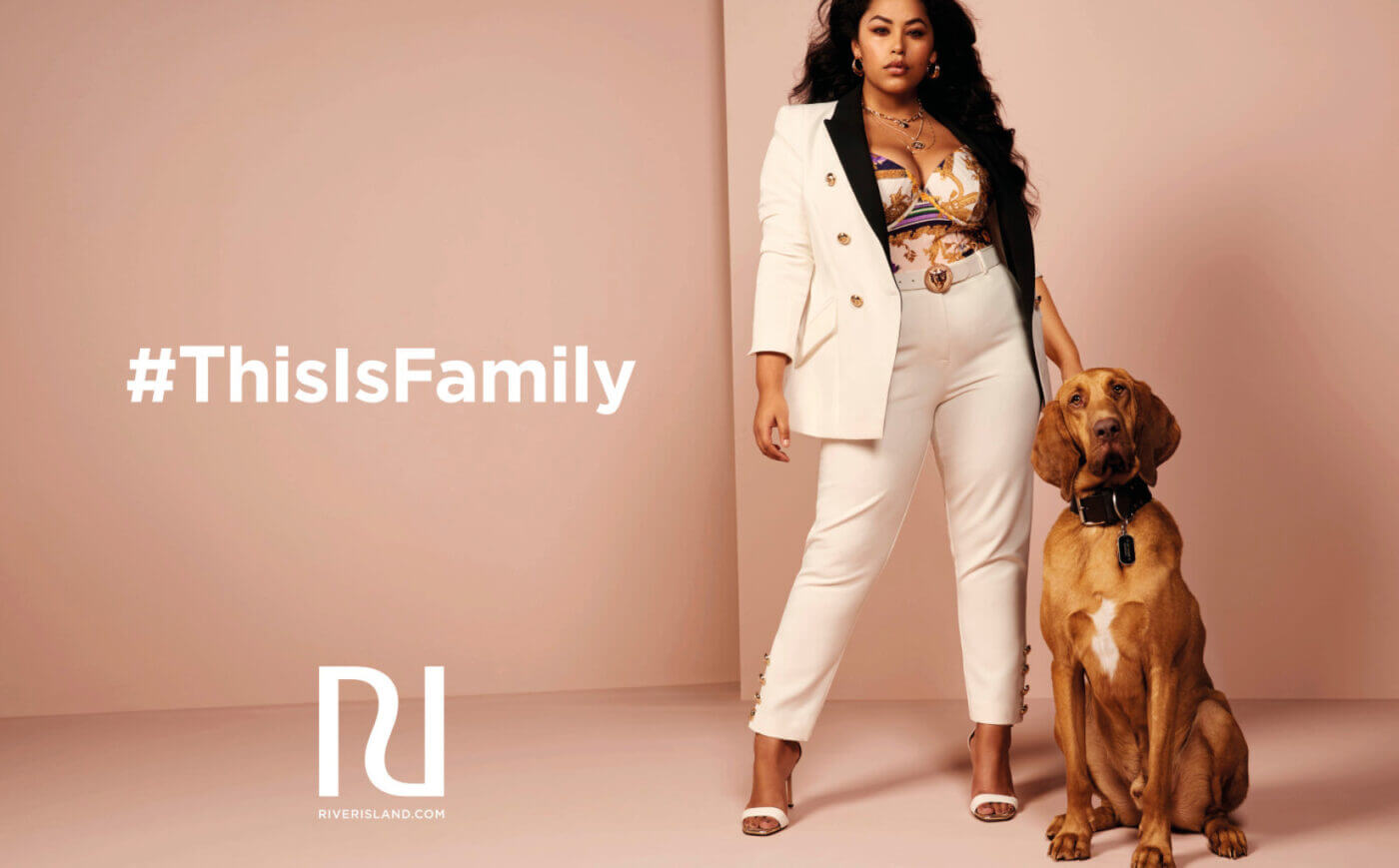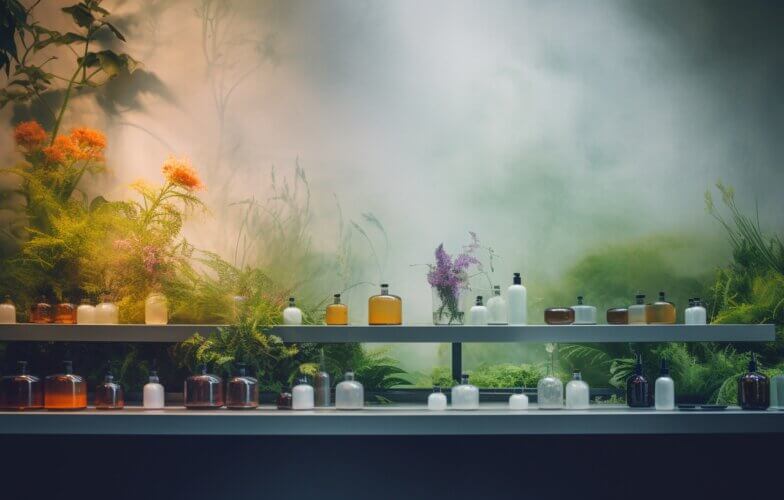
A New Romance
DecodingsDriven by a desire for self-fulfillment, society is shifting toward a more inclusive and modern portrayal of relationships and pushing a different idea about romance to the forefront.
Being single is becoming the norm, there’s less judgment about lone-parenting and non-monogamous stereotypes are losing relevance. In the past, society was structured around the couple, but today it’s opening up to a modern reorganization of relationships based on meeting individual needs.
Being single is about to become the new marital model
In our study on the evolution of civil status, we talked about the restructuring of relationships as the biggest demographic change since the baby boom. More than ever, new generations are rejecting traditional love relationships in favor of being single; they’re leading their lives according to a new set of societal norms.
In the United States there are more single adults than ever before in history (45.2% of the adult population in 2018 compared to 72% who were married in 1960). India, the world’s second most populated country, shows the same development. The India Today newspaper reported that the number of single women has risen by 68% in 10 years, while the female population has increased by 27% in the same period – a sign that women’s independence in this patriarchal society is progressing.
This growth is in sync with the evolution of the millennials’ self-love concept. According to the “Single Not Sorry” study conducted by Tinder and Morar HPI, 74% of 18- to 25-year-olds are single on purpose, citing reasons of independence (44%), empowerment (23%) and the excitement of adventure (17%). This need for freedom is especially present in women; for 71% of them, as opposed to 38% of men, the idea of independence is inseparable from being single.

The same phenomena exists in South Korea. Koreans, especially the “sam-po” generation, are gradually giving up the concept of a traditional couple: 40% of 20- to 30-year-olds seem to have completely stopped going on dates. Experts interpret this demographic shift as a consequence of increasing individualistic attitudes and Western values that encourage women to devote themselves fully to their career. Financial difficulties among young Koreans are also exacerbating this attitude.

Si ces changements maritaux sont bien ancrés dans la société, les marques tardent encore à montrer leur représentation dans les campagnes marketing. Seules quelques marques précurseuses montrent leur engagement dans la cause. En 2019, River Island lançait notamment #ThisIsFamily, une campagne célébrant la famille moderne sous toutes ses formes, « biologique ou choisie », mettant à l’honneur les familles recomposées, les relations amicales et platoniques, la monoparentalité, ou encore les célibataires ayant opté pour un compagnon animalier.

Though these changes in relationship choices have taken root in society, brands are still slow to acknowledge them in their marketing campaigns. Only a few trailblazer brands have shown engagement in the movement. In 2019 River Island launched #ThisIsFamily, a campaign celebrating all types of modern families, biological or chosen. The project celebrated recomposed families, friendly and platonic relationships, single parents and even singles who opt for an animal companion.

The progressive acceptance of polyamorous relationships
While the feminist movement pushes to redefine the image of feminine sexuality, millennials are committed to breaking down all stereotypes and embracing polyamory (ethical non-monogamy), an individual, autonomous relationship that refuses all exclusive attachments and is based on allowing freedom.
In the United States, nearly a fifth of under-30s have, with their partner’s agreement, engaged in sexual activity with someone else. And the figures show that the younger the person, the more open they are to this kind of experience. According to YouGov, 9% of GenXers have had sexual relationships outside of their couple and with their partner’s consent, as opposed to 17% of Generation Y.
The Feeld app broke new ground in this direction by creating a meeting space for everyone – singles and couples; and many other platforms (Fantasy, OkCupid, Open …) explore relationships that are emerging outside of social norms in an effort to make non-monogamy more common.
We’re also witnessing a clarification of polyamorous relationships in popular culture. The Netflix series “Sense8” enjoyed incredible success with its ultra-inclusive attitude, orgy scenes and the masterful ending which introduced a polyamorous relationship between three principal characters instead of making the radical decision to split up one of the couples. Then in 2017 Netflix aired “She’s Gotta Have It” directed by Spike Lee. The series follows the adventures of an American painter who “has a positive attitude about sex and is polyamorous and pansexual” to show an unstereotypical image of non-monogamy that’s to a woman’s advantage.

Is tourism for modern romance on the horizon?
The travel and hospitality sectors are also organizing more around these new amorous compositions. The Modern Love Report, created by the London-based Mr and Mrs Smith reservation site for boutique hotels in collaboration with The Future Laboratory, delves into the future of romantic travel. Mr and Mrs Smith predict that in the next decade or so, non-monogamous, single-friendly tourism will emerge to welcome young-generation couples and singles looking for meaning and pleasure when they travel. The company anticipates polyamorous getaways and “polymoons” as the next spaces for exploring intimacy and as new contexts for discussion.
In this same vein, three designers in a polyamorous relationship – Chris Cooper, Dasha Tsapenko and Timothy Liu – have created His, His & Hers, a project that shuns the “obsolete ideology” of a traditional couple with a wide range of furniture for a “trouple”. The collection twists the Ikea aesthetic and delivers an inclusive dimension that’s closer to reality and almost always missing from brands’ products.

Though the figures show true, long-term social change, brands, who have already adapted by representing LGTQ+ and diversity in general, now need to make real efforts to be more inclusive and accepting of romance that veers away from the simple, traditional couple.



